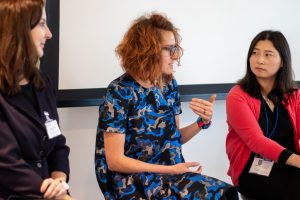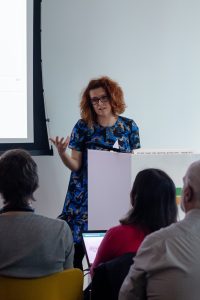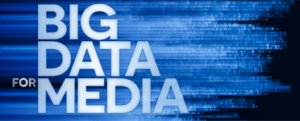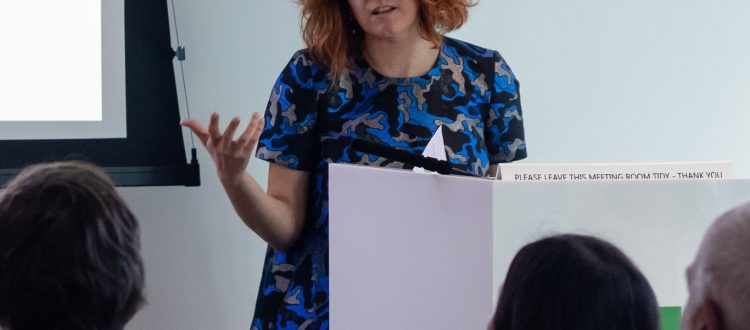Data as the BBC’s most important audience automation tool
By Anisa Holmes
The BBC is a media giant in the UK, and as such has a huge audience. But, despite this, they have an audience problem, Magda Piatkowska, Head of Data Science Solutions at BBC says. Although the BBC has a weekly reach of nearly 6 million, only 11% of the same users come back in week 2. Besides that, Piatkowska says that when you look at the demographics, the BBC is underperforming when it comes to younger people, younger women, the less affluent and those in rural areas.

In order to boost retention among their readership, Piatkowska’s team is focusing on recommendation algorithms and content personalization. “We need to find automatic ways to push more content to the audience, but it’s not an easy task,” Piatkowska says. Not only are in-house built recommendations difficult to construct, but most of the BBC’s audience is anonymous, meaning that they can only rely on user’s content preferences to build the algorithm. The BBC also has a responsibility to produce news that doesn’t exacerbate the confirmation bias and polarization so common in the news today, much of which is driven by content recommendation systems. On top of that, the BBC’s data scientists have to be particularly resourceful in order to innovate around legacy technologies, technical constraints, and the high level of oversight and bureaucracy.

Despite these challenges, the Data Science Solutions Team has implemented the BBC’s first recommender algorithm within the past few years and is now adding regular updates and improvements twice a month. They have also improved the tagging protocol by setting up an automated recommendation system for tags with associated quality scores for content performance. Whilst this new system removes human error, it still maintains a human touch: the process is overseen by a team of taxonomists who maintain consistency and add a touch of editorial discernment. Finally, they created Telescope, a real-time audience feedback loop with stats on every piece of content. Journalists and editors now regularly consult Telescope for the stories they work on.
Overall the integration of new data-driven solutions and automation has been an incredible boon for the BBC. Piatkowska hopes the BBC’s Data Science Solutions efforts will continue to promote a cultural change within the BBC whereby technology, innovation, diversity and agility will be further embraced.


